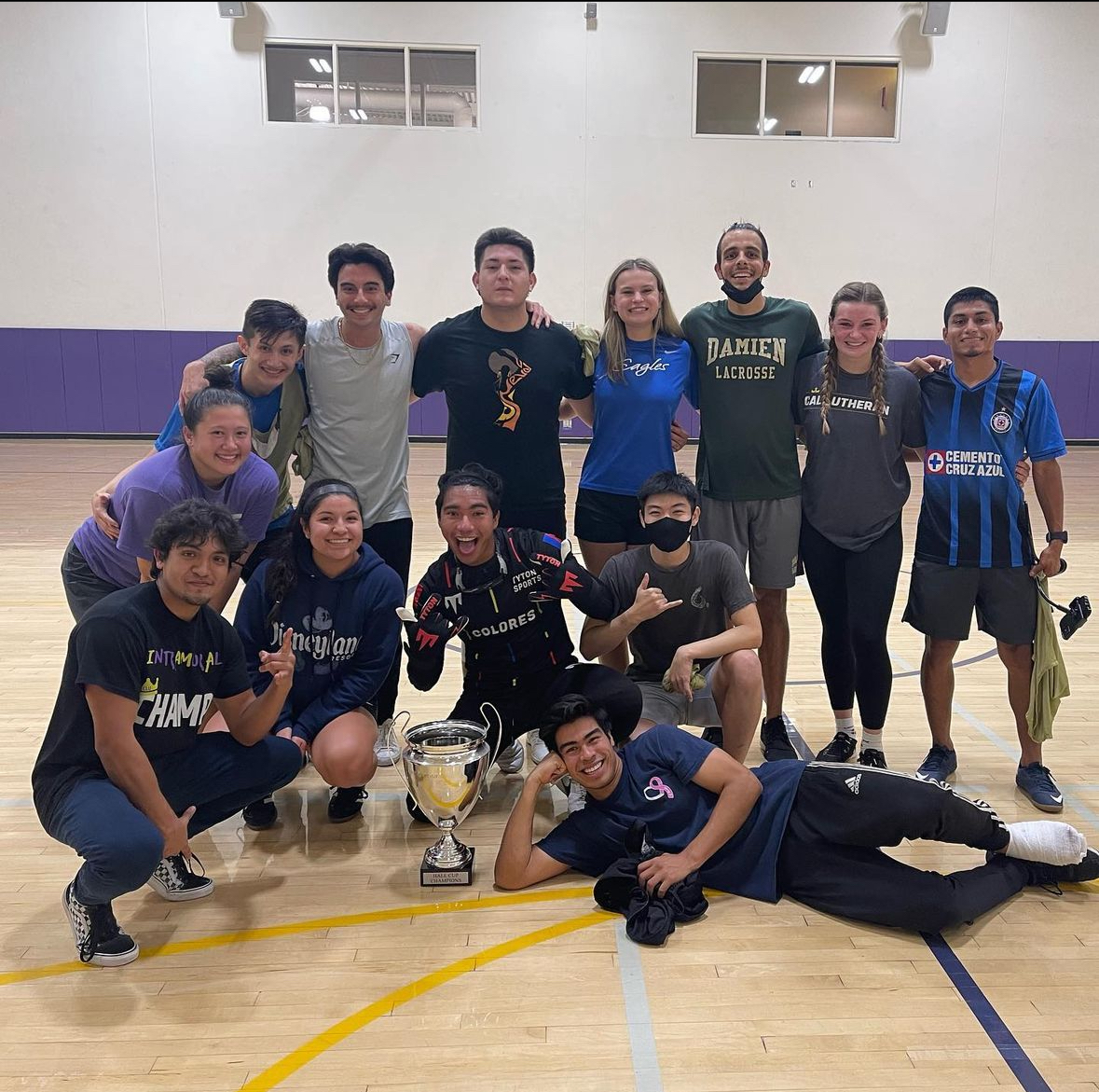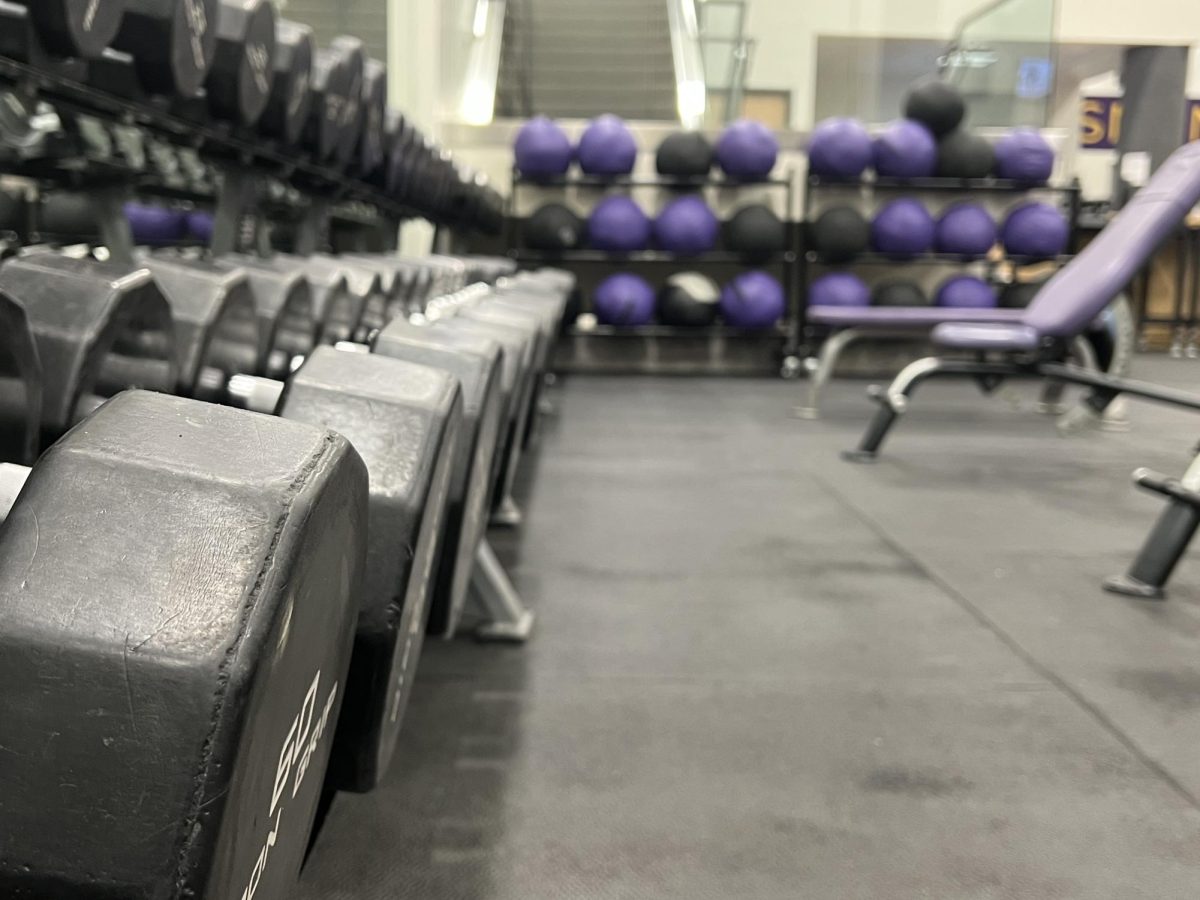Two human cases of West Nile Virus have been found in Ventura County.
In 2017, three cases of the virus have also been found in birds, said Supervising Environmental Health Specialist for the Vector Control Program Ron Ventura. This is down from the 34 documented bird cases in 2016.
“We had all these rains come in, which led to a lot of suspected mosquito sightings in the very beginning with all the gnats and crane flies, people thinking they were being inundated with those types of mosquitoes, when they’re actually not mosquitoes,” Ventura said.
With the WNV season coming to a close this month, Ventura said the threat will also subside.
“Things are going to get nice and cold, and that’s going to reduce the breeding and everything,” Ventura said.
One way to prevent WNV infection is by eliminating the source of mosquito breeding, as mosquitoes transfer the virus to humans. Places with standing water such as still creeks or unmaintained pools can pose as mosquito breeding grounds.
“We’ve got the water that runs down the creek through the middle of campus,” said Mark Jacobsen, Director of Facilities Management at California Lutheran University. “As far as I am aware along any stretch, it’s not standing or stagnant.”
Jacobsen also said the Cal Lutheran pool at the Samuelson Aquatic Center is not a mosquito breeding ground due to the levels of chlorine. He said the water also goes through a pump and filters approximately six timers per day.
According to the Centers for Disease Control and Prevention, 80 percent of people infected with WNV will show no symptoms of disease.
Still, of the remaining 20 percent that do exhibit symptoms such as fever, body aches or joint aches, only one in 150 of these individuals will show more serious symptoms.
WNV does not spread from human to human. In fact, the virus does not even prefer to infect human hosts. Paloma Vargas, a biology professor at Cal Lutheran, said humans are accidental or “dead end” hosts of WNV.
“The virus itself really wants to go and be in birds, where there is going to be a large replication of the virus,” Vargas said. “Within humans, the virus doesn’t replicate as easily.”
Immunosuppressed patients usually exhibit the more serious effects of WNV, Vargas said.
“If you’re part of that 20 percent that is elderly or compromised or very young, you could start feeling symptoms,” Ventura said. “And because there’s no vaccine available for this, you know, you really want to take precaution.”
This lack of vaccine, Vargas said, is due to the nature of viruses. They tend to “hide” inside the very immune cells that are trying to kill them off, thus evading the body’s natural defenses.
“If you’re looking at a kind of therapeutic or a vaccine, you don’t really want something that’s going to target your own cells,” Vargas said. “And so if the virus is hiding inside of you, inside of your cells, it makes it a little bit more complicated.”
With WNV being found in Ventura County, the county does monitor the area for new cases of the virus by conducting surveys and trappings and testing the captured mosquitoes as well as the blood of reported dead birds around the area.
“Some stuff you can do locally around the dorm area is to look for containers that may hold water,” Ventura said.
Residents who receive mosquito bites, find a dead bird or see potential stagnant water sources are encouraged to call the mosquito hotline at (805) 658-4310.
Rachael Balcom
Reporter







